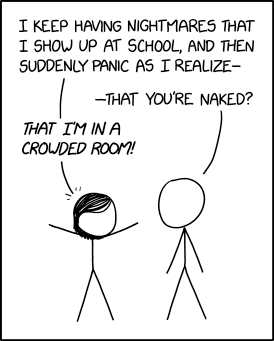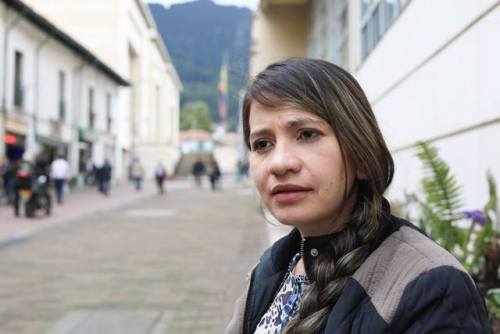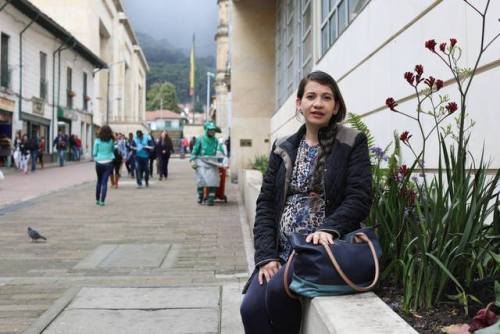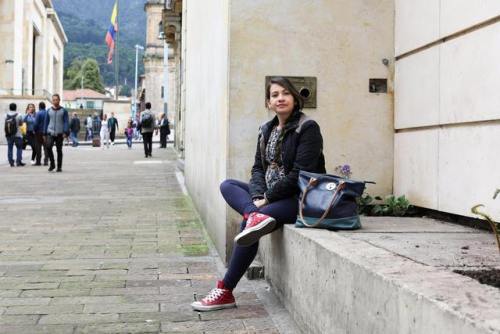

Every time I see RDR2, it takes me a second to realize that it isn't talking about Star Wars. That alone, was the motivation for this comic.
See more: Droids

“I didn’t even start gambling until I was 43. I thought I was mature, but I was as vulnerable as a child. I started going to the casino once or twice on the weekends. It was a social thing. I’d just play cards with my friends. But I had good luck in the beginning. I started to win. And I started to love it. I couldn’t wait for the weekend. Soon I started to go during the week. I’d work the early shift and I’d have all afternoon to play. I abandoned all my responsibilities. Once you start playing– you forget that you’re hungry, you forget that you’re thirsty, you even forget that you have a family. I lost the grocery money, the rent money, everything. Winning felt great. And losing made me need to win. I’d make up excuses every time I came home empty handed. I’d say that I was mugged, or that my work hadn’t paid us that week. Eventually I had to sell my car. I lost our house. I lost my wife. We’d been together for twenty years. I just took for granted that she’d always be around. The only thing that I didn’t lose was my daughters. They sat me down one day, and said: ‘Dad, either quit gambling, or quit this house.’ And I never played again.”
(Medellín, Colombia)

(3/3) “The night I deserted was the most frightening moment of my life. The guerrillas would have killed me if I’d been discovered. I ran away in the middle of the night. I found a road and hitched a ride with an oil truck from Ecuador. I tried to cross the border but the army arrested me. I thought for sure I would be executed. But they gave me the chance to demobilize. The first thing I wanted to do was see my family. It was too dangerous to return home so I sent for them. I thought my father would push me away, but he was very happy to see me. My sisters told me that my disappearance had been very hard on him. He had gotten very sick. I’ll always live with that regret, but we were able to spend four years together before he passed away. I’ve rebuilt my life from scratch. Leaving the guerrillas was like being born again. I had no skills. There was a lot of prejudice against me. I had to work as a waitress and go to school at night. But I’m almost finished with law school now. And even though it took a lot of suffering to get here, I finally have the life that I imagined as a young girl.”
(Bogotá, Colombia)

(2/3) “I was the youngest one in the camp. I felt very happy at first. I didn’t have to cook anymore. I was having new experiences. The guerrillas taught me rules. They taught me how to use weapons. They told me that we were fighting for the poor. All of it sounded very good. But then basic training began and it was very difficult. I started to miss my family. My father’s birthday came around, and I could not stop thinking about him. They sent me to another camp because my father kept searching for me. I spent eight years with the guerillas. We lived in the mountains. I slept on the ground. I didn’t get a salary. The fighting was continuous. The army would bomb us day and night. And I didn’t speak to my family for a full seven years. I always wondered what happened to them. Finally it got to be too much, and I decided to desert.”
(Bogotá, Colombia)

(1/3) “I knew nothing about the guerrillas before I joined them. The only thing I knew was that they lived better than me. I grew up on a farm in a rural area. We were very poor. My mother abandoned our family so I had to take care of my younger siblings. My father was a good man, but he didn’t give me any liberties. He didn’t let me go to town. He didn’t let me go to school. He didn’t let me have a boyfriend. I wanted freedom, and the guerrillas seemed like my only way out. They used to drive by our farm in their jeeps. They seemed powerful. Even the women wore camouflage. One day the guerrillas stopped by our farm to buy some chickens, and I told them I wanted to join. I was only thirteen years old. They told me to meet them at a certain spot at 5 AM the next morning. I didn’t even say ‘goodbye’ to my father. They told me that I was never allowed to speak to my family again.”
(Bogotá, Colombia)
